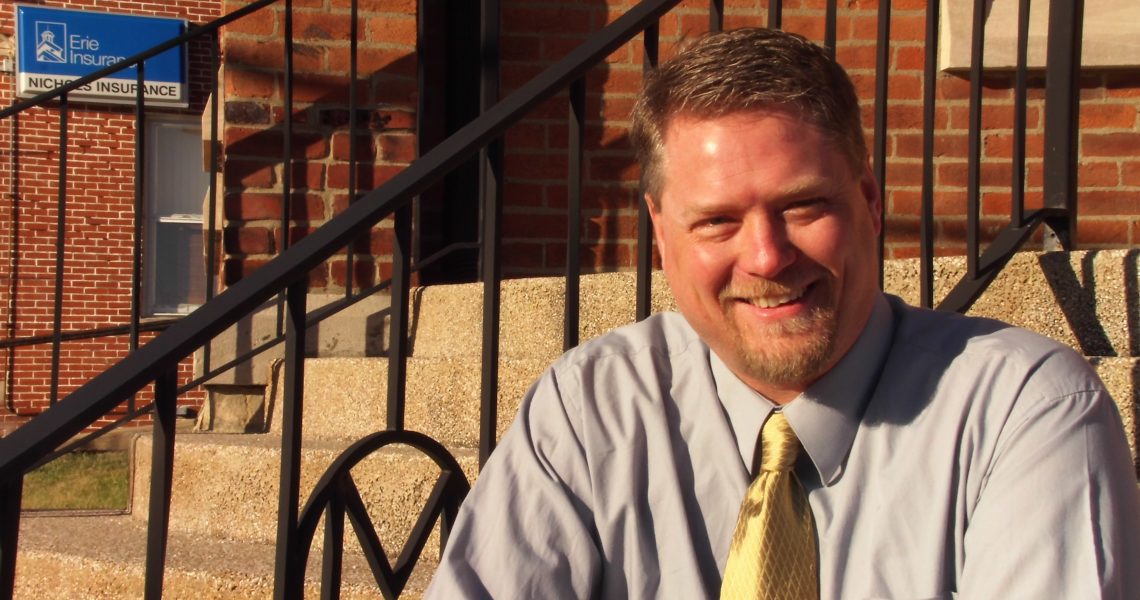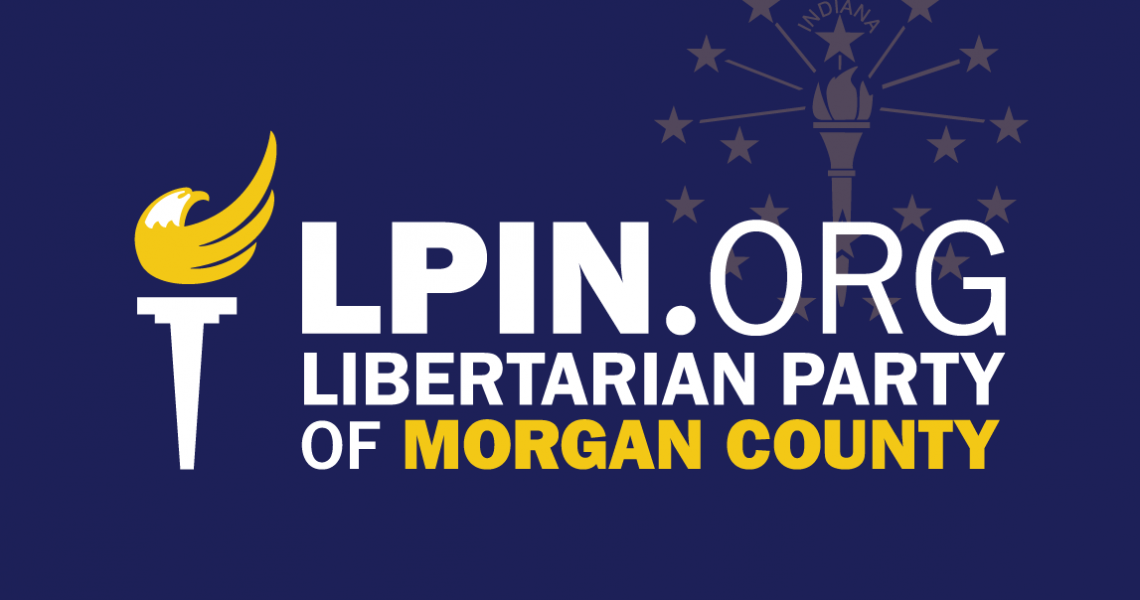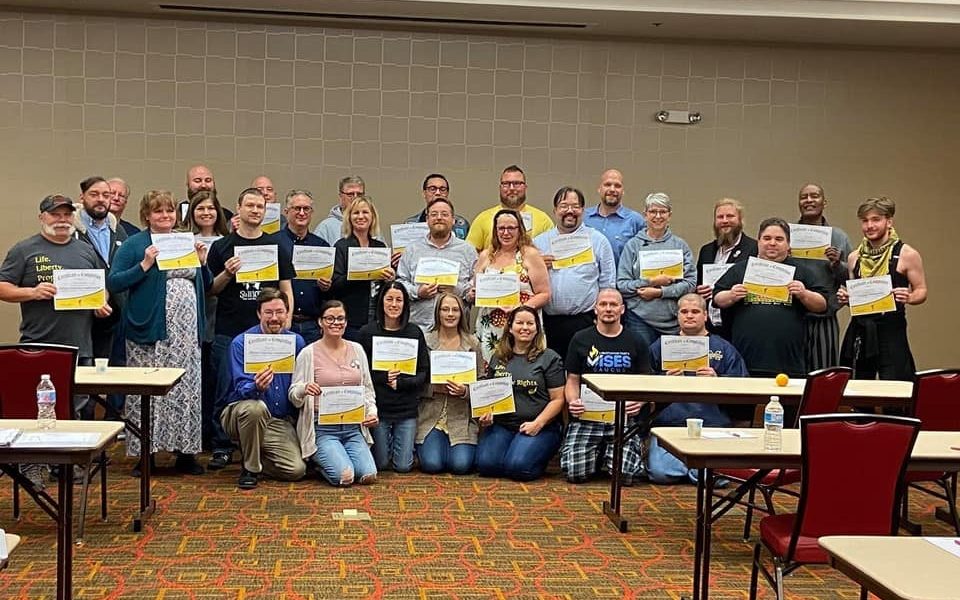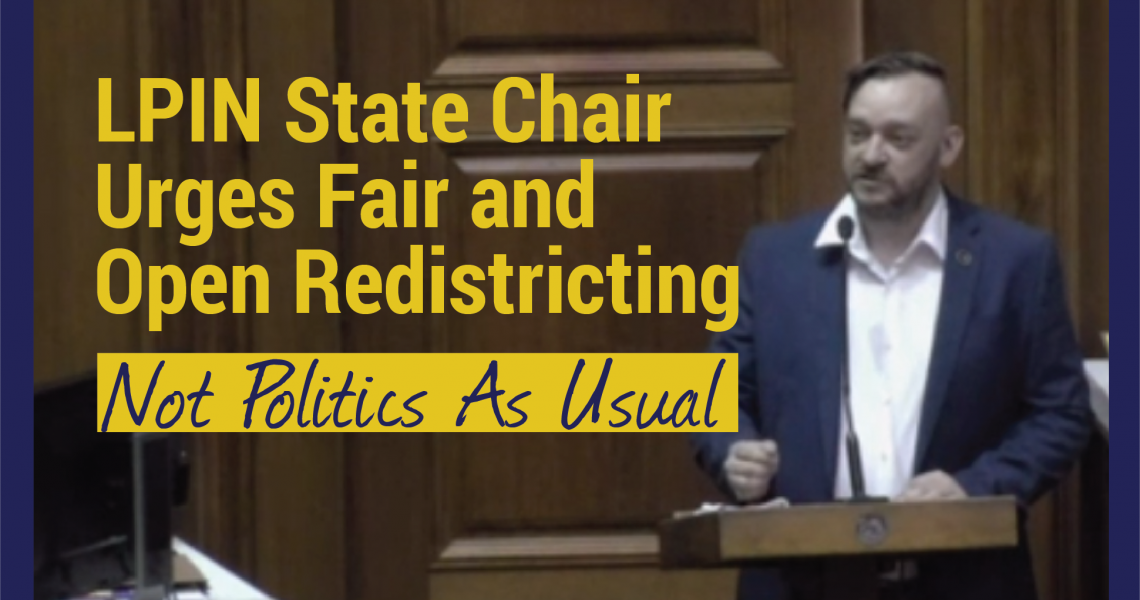Reader questions town’s spending for dispatch software
I support body cameras as they keep both officers/citizens safe and hold them accountable. This is a good idea.
The Geobase dispatching software is modern, efficient, and a step in the right direction. However, I have a question as to why we are spending that money. Morgan County already has Geobase as well as all the cool toys that go with it. They’ve been wanting us to join the county dispatch for a long time, however Mooresville continues to resist. That means we could have already had access to these tools, along with the other agencies that have already joined with Morgan county.
The county dispatching system can already do all the new and super-efficient geo-location, and skills-based dispatching. Taxpayers already funded it at the county level, so why are we being asked to fund it again? I’m curious how much money the Town of Mooresville could save by simply joining with Morgan County dispatch vs buying all this themselves?
Hopefully the Mooresville Town Council will at least present to us a cost/benefit analysis of joining with Morgan County vs rebuilding this system for Mooresville, before deciding one way or another on this proposal.
~ By Danny Lundy | Letter to the Editor | Published November 8, 2021 in The Reporter Times
